
OR
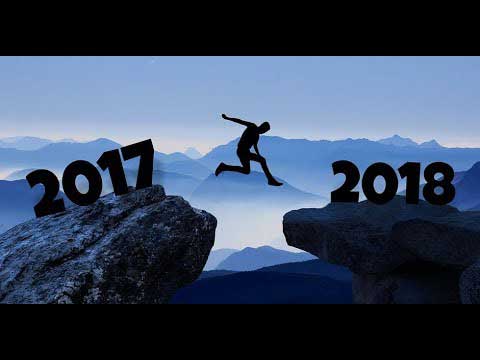
Our vote wasn’t a statement for or against India. It wasn’t a statement for or against China. It was a vote for hope
There has never been a better time to be a Nepali.
After decades of turbulent political transformation, the successful completion of the first election to the federal state of Nepal marks a new beginning.
Many things have yet to be completed. Election results are yet to be formally announced. The upper house is yet to be elected. The new government has yet to take office. But none of these should be cause for despair. We are on track.
Our ability to
speak out on corruption will be the real test of whether we believe
in the democracy
we have just
ushered in.
Whatever your political leanings—whether you belong to the victorious left or the humbled right—as a citizen, it is hard not to be excited when you look ahead. The prospect of a stable government within a new democratic constitutional framework offers an era of hope. Peace, progress and prosperity now look real and within reach.
Nepali politicians—however wicked, corrupt or incompetent—have delivered. Despite all the squandered opportunities and pain during the process, they have taken Nepal to the precipice of peace, prosperity and prosperity. They deserve a round of applause.
The baton now passes to ordinary citizens. And you thought the responsibility of living in a democracy ended with the casting of a vote!
The test is only just beginning. This is our democracy. Will we as civilians do our part?
Vote of hope
As with all democracies, Nepal has also been overrun by an industry of election analysts.
A popular view in that industry is that these election results were because of KP Oli standing up to Indian tyranny. This is an interesting and widely held view, though it has never been established how KP Oli stood up to India. As prime minister during the blockade, Oli largely remained seated behind a desk, drumming up empty speeches and wondering what to do.
There really wasn’t much standing at all. Through the blockade, it was ordinary Nepalis that bought petrol in black market (at least those that could afford it), cooked with firewood instead of gas and somehow got on with everyday life. Why should Oli be credited for having put up with the hardship?
Another popular view is that the Chinese steamrolled billions of rupees into the elections, plying candidates of the communist coalition with lots of money to woo voters. No one has quite seen all those billions of rupees but the analysts will tell you that you must be blind not to have seen it. A liquidity crisis immediately followed the elections, forcing the central bank to release money into the economy. Clearly, the billions that the Chinese steamrolled into the country must have either evaporated immediately after the elections or turned out to be monopoly money.
Such analyses are necessary to keeping a democracy healthy and vibrant. After all, a democracy without noise is like a dance floor without music.
In our daily lives, though, we must learn to shut out the noise. Our vote wasn’t a statement for or against India. It wasn’t a statement for or against China. This was not a vote that rejected Congress principles and embraced communist principles. This was a vote for hope. When all the votes were counted, one person just happened to have more than the others. It meant nothing more than that. There was very little ideological or policy separation across the candidates.
This election should not be interpreted in terms of the significance of the results. This election must be seen as a celebration—a closure of a long and difficult period of history. Everybody played their part, those that won, those that lost and those that voted. It would be a shame if such a beautiful celebration were sullied by useless analysis in terms of what it means for Indo-Nepal-China relations, or some other equally meaningless discourse.
Heal the wound
We haven’t yet healed the wounds of war. The institutional approach through the Ministry of Peace and Reconstruction and the Truth and Reconciliation Commission has been ineffective—mired largely in conflict and fault finding.
A republic still bleeding from its wounds cannot move ahead.
Reconciliation cannot come only from an institutional approach. Healing cannot come only from lawyers and judges pouring over a rule book. Reconciliation and healing requires an emotional civilian response that is outside of government and institutions. This is where we need our religion, spirituality, ethos and social fabric. What good are our religions if in these times they cannot help us find peace and reconciliation? What good are our gods if they remain mute spectators inside temples offering no guidance on how to find courage for forgiveness?
The government has done all it can. They have signed a peace treaty. They have laid down their arms. The fighting has stopped—the violence has ceased.
Civilians must now heal the wounds of war through remembrance, solidarity, reflection and above all else, forgiveness. We cannot be a democracy that thrives if the wounds of war don’t heal.
Ending corruption
Corruption poses the single largest risk to our new democracy. It would be such a spectacular shame if the difficulties of the last few decades and the recent gains of a new federal democracy were to be washed away simply because we can’t stop bribing or being bribed.
For years, government has attempted an institutional approach to tackling corruption. The approach has failed spectacularly to the point that the policing of corruption became the biggest source of corruption. There is little doubt that the new government will continue with these institutional efforts to root out corruption. But on their own, these efforts are unlikely to succeed.
The courage to stop corruption must now originate from within us—ordinary citizens.
The battle against corruption can only, and for emphasis “only,” be won if civilians join and lead the fight. We must be able to reject the notion that corruption is “just how things are done.” We must be willing to reject the temptation of corruption. More importantly, we must be willing to speak up against corruption, directly shaming and naming those that are corrupt. To win the battle against corruption, we must be able to speak out instead of hiding behind index and surveys that show increasing levels of corruption.
As civil society, our ability to speak out on corruption will be the real test of whether we believe in the democracy we have just ushered in. The stability and progressive evolution of our young democracy depends entirely on whether we believe we can get ahead with a little bribe here or a little deceit there. We now have to propagate the view that there is enough in it for everyone in this new federal democracy. We don’t need to cut corner through corruption.
Government alone cannot win the battle against corruption. Civilians need to be equally determined to wipe out corruption. We, not the government, must now lead the charge.
The ink on your fingernail from the voting may have erased. But the challenge of being a civilian in a democratic state is only just starting.
Many years later in history, we will have to assess whether this fight was worth it. Did we deserve all this? How we answer then will depend entirely on what we do now.
Bishal_thapa@hotmail.com
You May Like This

Prem Geet 2: Hope for true love, hope for better films
Though set in Burma, ‘Prem Geet 2’ from the very start talks about nationalism and tries to promote the rich... Read More...
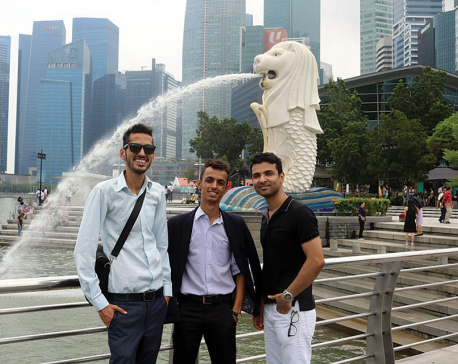
Hope for a hassle-free travel
I used to hear about how ordinary Nepali passport bearers were harassed for no reason in almost every immigration desk... Read More...

RSS NEWS COMMENTARY: Prachanda leaves with a legacy of statesmanship and hope for a prosperous Nepal
KATHMANDU, May 28: Prime Minister Pushpa Kamal Dahal 'Prachanda' on May 24 announced his resignation after serving slightly more than... Read More...

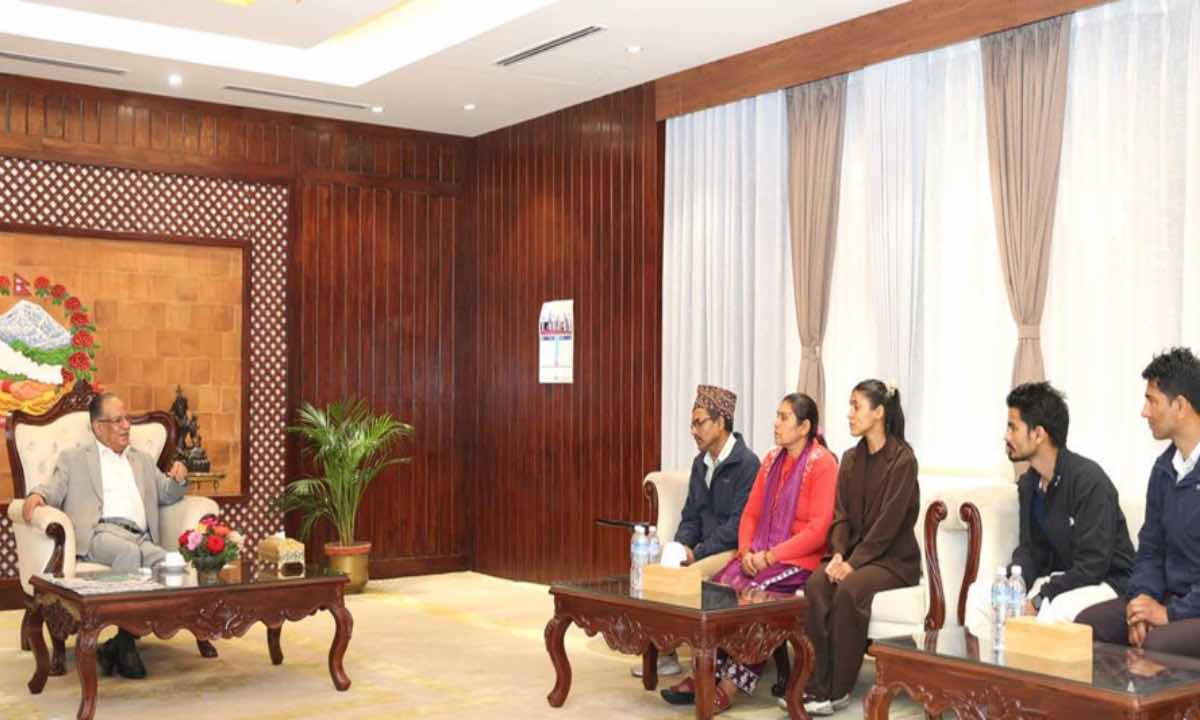
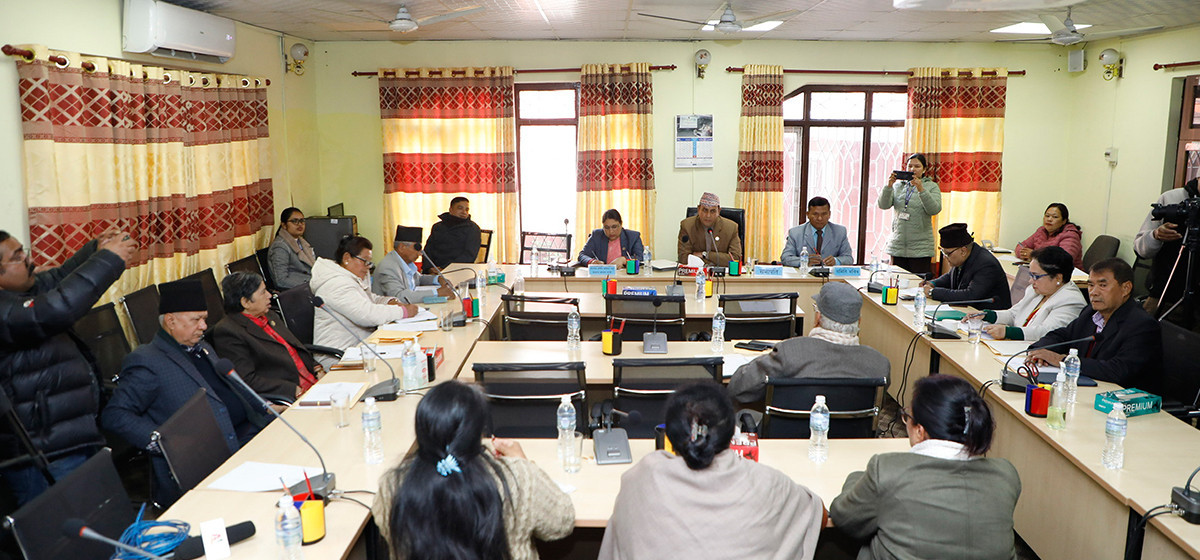

Just In
- Fire destroys wheat crop in Kanchanpur, Kailali
- Bipin Joshi's family meets PM Dahal
- State Affairs and Good Governance Committee meeting today
- Gold items weighing over 1 kg found in Air India aircraft at TIA
- ACC Premier Cup semi-final: Nepal vs UAE
- Sindhupalchowk bus accident update: The dead identified, injured undergoing treatment
- Construction of bailey bridge over Bheri river along Bheri corridor reaches final stage
- Taylor Swift releases ‘The Tortured Poets Department’













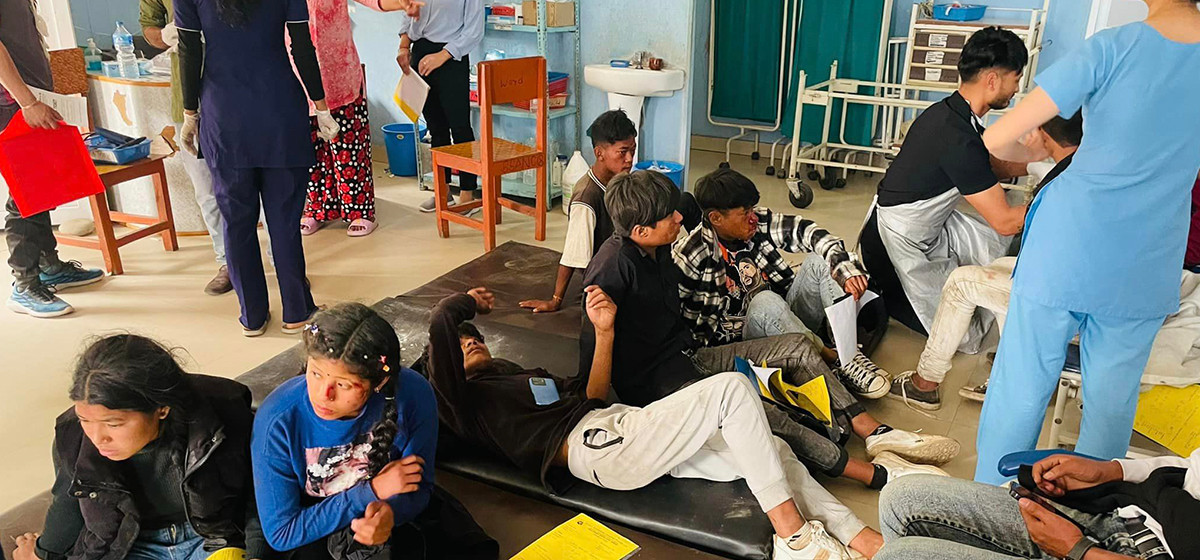
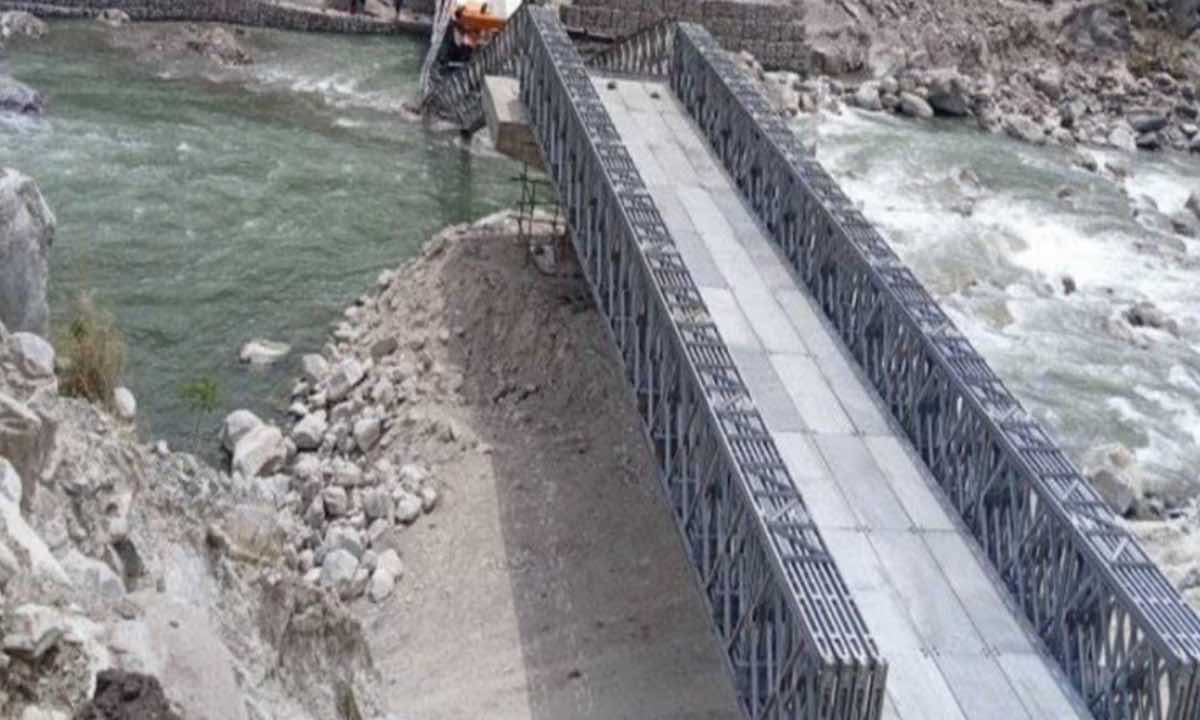

Leave A Comment